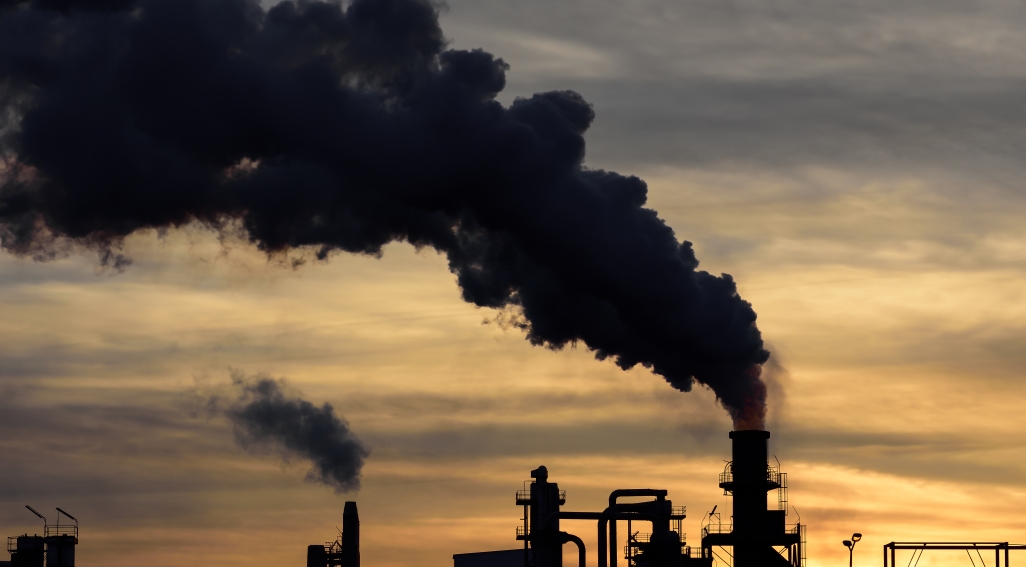Air Pollution
Many actions to mitigate climate change also reduce air pollution, a major cause of disease and premature death worldwide.
Explore by Sector
Explore by Pathway
Explore by Country
According to WHO, 99% of the global population breathe polluted air that exceeds safe air quality limits. Climate mitigation actions that reduce air pollution have the potential to prevent millions of premature deaths annually.
Reducing air pollution can bring a range of health benefits, including reduced risks of common non-communicable diseases, such as ischaemic heart disease, stroke, diabetes, chronic obstructive pulmonary disease (COPD), lung cancer, and acute respiratory infections. This implies that major health benefits will result from replacing fossil fuels with clean, renewable energy sources.
In addition, more emphasis must be placed on tackling short-lived climate pollutants (SLCPs), such as methane, which affect health via the air pollution pathway. The effects of addressing SLCPs are rapid, bringing health benefits in the near-term.

Data from the Umbrella Review
Climate mitigation actions whose health co-benefits arise from changes in air pollution. All outcomes have been reported at the national scale; actions are assumed to be implemented maximally across the country they were modelled or implemented within.